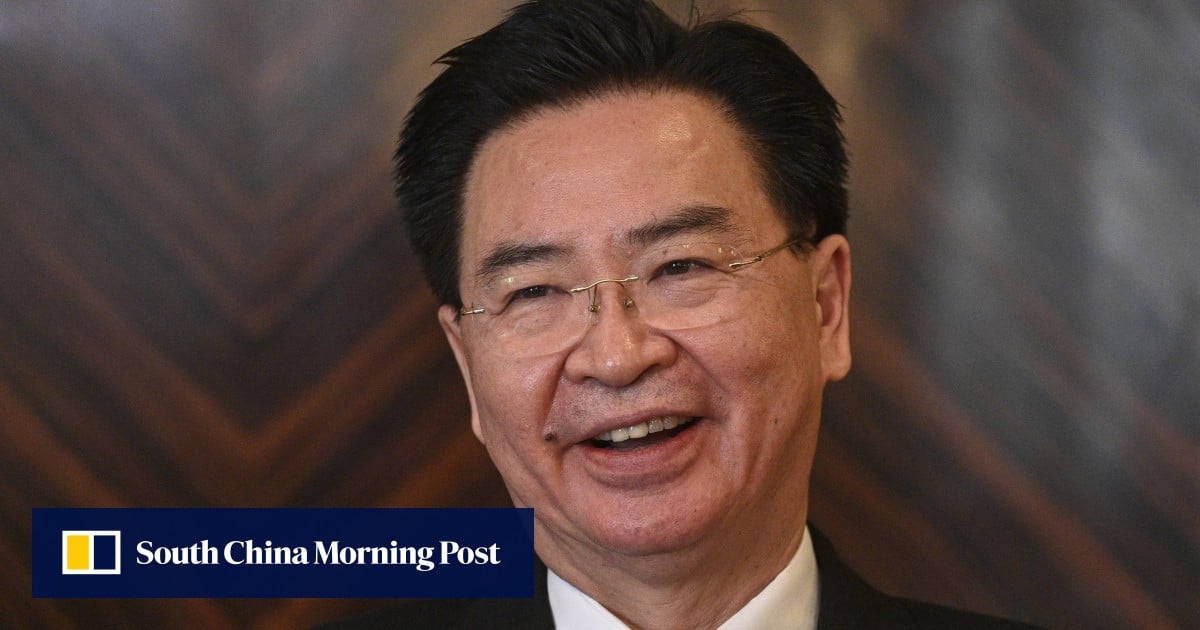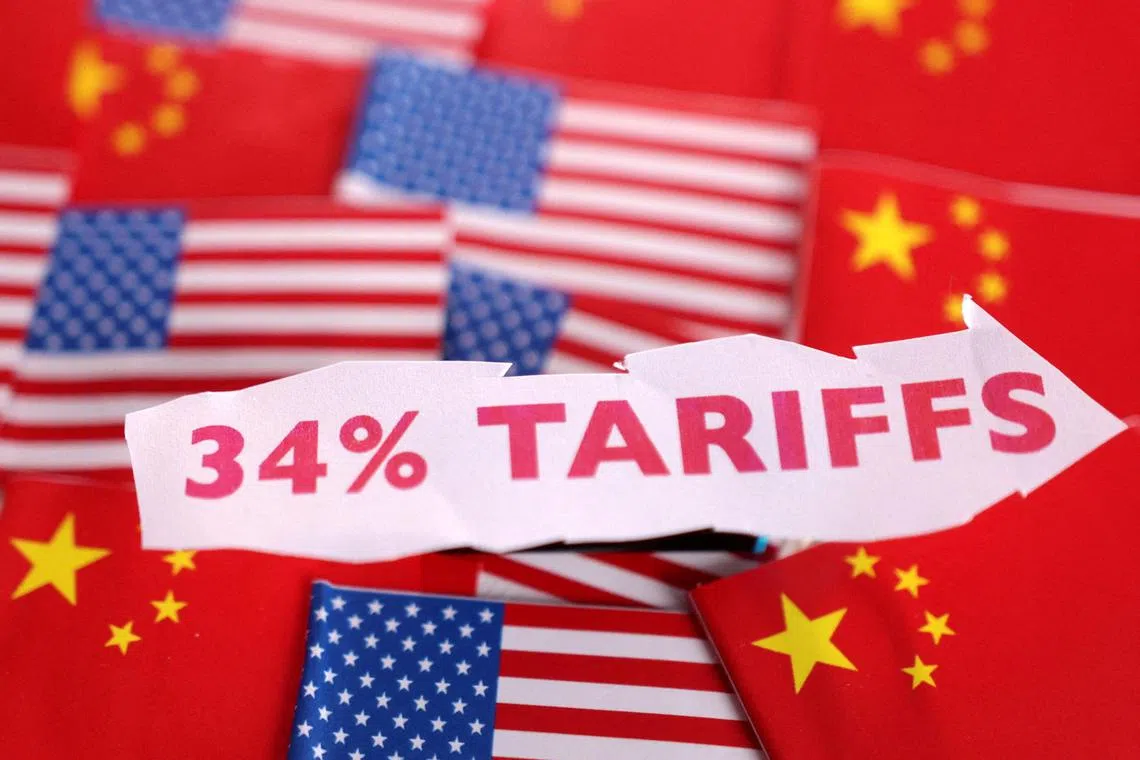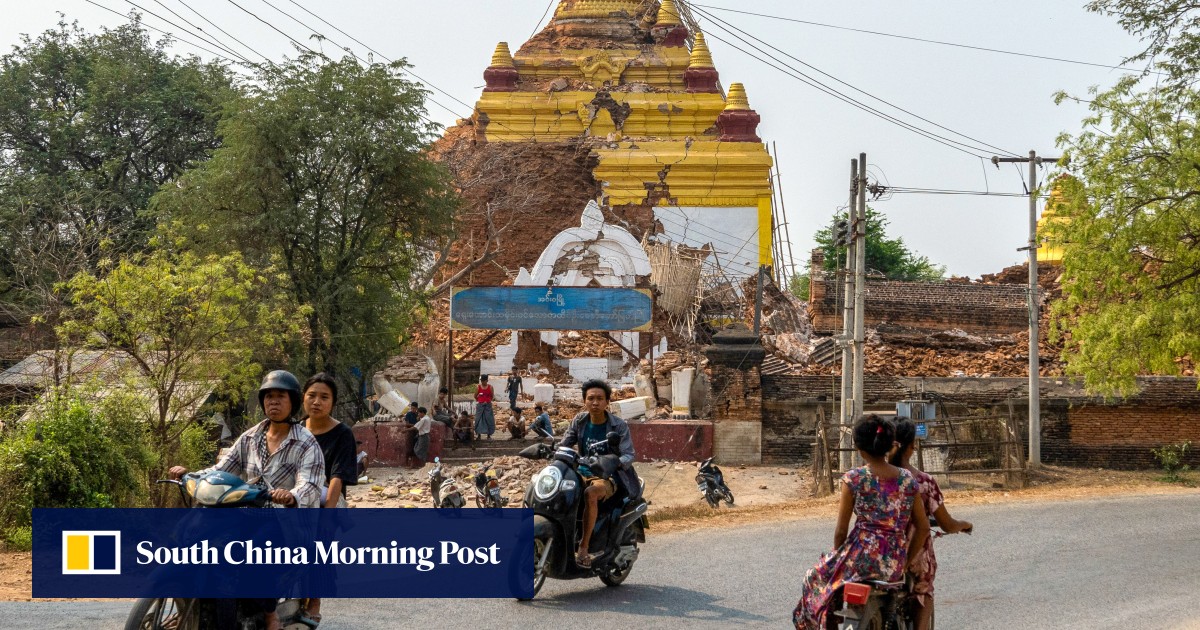South African Deputy President Paul Mashatile was in Tokyo last week for meetings with Prime Minister Shigeru Ishiba, Chief Cabinet Secretary Yoshimasa Hayashi and other government and private sector representatives.
Their discussions were aimed at promoting bilateral trade, investment and cooperation, reinforcing a relationship that should help Japan to offset somewhat US President Donald Trump’s tariffs and provide South Africa with some buffer after Trump’s recent cancellation of economic assistance to the country.
Mashatile led a delegation that included Minister of Trade, Industry and Competition Parks Tau; Minister of Agriculture John Steenhuisen; Deputy Minister of International Relations and Cooperation Thandi Moraka; Deputy Minister of Science, Technology and Innovation Nomalungelo Gina; Minister of Higher Education Nobuhle Nkabane; and Minister of Sport, Arts and Culture Gayton McKenzie.
Members of the South African delegation met with representatives of the Japan Business Federation (Keidanren), the Japan External Trade Organisation (JETRO), the Japan International Cooperation Agency (JICA), the Japan Organisation for Metals and Energy Security (JOGMEC) and the Association of the African Economy and Development in Japan Committee (AFRECO).
Japan is one of South Africa’s larger trading and investment partners, ranking 6th on the list of export destinations for South African products. Tokyo also provides the African nation with significant amounts of foreign direct investment (FDI) and overseas development assistance (ODA).
In 2024, South Africa’s exports to Japan amounted to 790.9 billion yen (US$5.3 billion), while its imports from Japan amounted to 288.5 billion yen ($1.9 billion), according to Japan’s Ministry of Foreign Affairs. In the calculation of World’s Top Exports, Japan accounted for 5.2% of South Africa’s total exports, China (including Hong Kong) for 13.8% and the US for 8.3%.
For reference, 33% of South Africa’s exports went to Asia in 2024, 31% to other countries in Africa, 25% to Europe, 9% to North America and 2% to other regions.
 Source: worldstopexports.com
Source: worldstopexports.comSouth Africa exports iron and steel, gold, platinum, other metals and ores and agricultural products to Japan, and imports machinery, auto parts, electronic, optical and medical equipment, chemical products, pharmaceuticals, and iron and steel from Japan.
In his keynote address at United Nations University in Tokyo on March 18, Deputy President Mashatile noted that “Japan is a significant investor in the South African economy, with 273 firms operating in the country, hence sustaining over 200,000 local employment opportunities for many South Africans.”
Those companies include Toyota, its group trading company Toyota Tsusho, Sumitomo Corporation, telecom equipment companies NEC and Fujitsu, robot maker Fanuc, Mitsubishi UFJ Financial Group, and digital camera, graphic arts and medical imaging company Fujifilm.
Toyota South Africa Motors assembles passenger cars and trucks in Durban. Toyota Tsusho Africa provides materials and parts procurement, steel processing, parts assembly, and logistics services to the South African auto industry from bases in Durban and Pretoria.
Mashatile reminded the audience that “the two countries upgraded their relations to a strategic cooperation partnership in 2010,” with particularly strong ties “in the fields of trade and investment, science and technology, and education and skills development assistance.”
Japanese Foreign Ministry data from 2022 (the most recent available) lists the cumulative value of Japan’s ODA loans, grants and provision of technical cooperation to South Africa at 47 billion yen ($350 million at that time).
Also with data for 2022, Global Trade Portal ranks Japan 9th in cumulative FDI to South Africa at $3 billion, far behind former colonial powers the Netherlands ($63.7 billion) and the UK ($42.5 billion), a quarter to a third of the investments made by Belgium ($11.8 billion) and the US ($9.4 billion), and about half the figure for China ($5.9 billion). But Japanese investment in South Africa has growth significantly since then: data from Statista and JETRO indicate that it is about $5 billion now.
The Trump administration’s proposed tariffs on steel and aluminum would affect both Japan and South Africa. In the case of South Africa, “Steel and aluminium account for about 8.5% of what we export to the US, so the 25% tariff will put pressure on those volumes,” according to Busisiwe Mavuso, CEO of industry association Business Leadership SA (BLSA).
Moreover, Trump has cancelled US economic assistance to South Africa in response to what his administration claims are human rights violations against the minority white Afrikaner population and “aggressive positions towards the United States and its allies” in its foreign policy stance regarding Israel, the Palestinians, and Iran. The US has also expressed its displeasure with South Africa’s close relations with China and Russia.
In February, four Republican congressmen sent a letter to Trump requesting more drastic action, writing “…we urge you to revoke South Africa’s preference benefits under the African Growth and Opportunity Act [AGOA]… We would also suggest that you consider suspending diplomatic ties unless that government is prepared to engage constructively with our own.”
In this situation, BLSA’s Mavuso points out that “The trade balance favours SA and supports many jobs, especially through high value-added manufactured goods. Our respective private sectors have close relationships with over 600 American companies active here… We are working toward an approach that aims to protect the interests of companies in both countries. But we must also keep our wider international relations in perspective, including many fast-growing markets that provide opportunities for our businesses.”
Speaking at the Foreign Correspondents’ Club of Japan on March 19, Deputy President Mashatile took a similar stance, stating that “as a country, we are focusing on stabilizing our relationship with the United States of America,” but adding that South Africa is also working to diversify its exports, specifically mentioning Japan, China, Russia, Europe and the Africa Free Trade Area in this context. Asked how small countries can deal with the US, Mashatile emphasized self reliance.
The cancellation of US economic assistance, he said, translates into an 8 billion rand ($437 million) shortfall in the budget for TB and HIV healthcare programs, with a particularly severe impact on the rural poor. That, however, is manageable. The budget is being revised and other countries also provide assistance. JICA has been contributing to the detection, prevention and treatment of HIV and TB in Africa for more than 20 years.
In their meeting two days before, JICA President Akihiko Tanaka and Mashatile talked about a variety of topics, including vocational training, cooperation in science and technology research, and renewable energy. Tanaka expressed his hope that South Africa would play its customary leadership role at the Ninth Tokyo International Conference on African Development (TICAD 9), which is scheduled to be held this coming August.
The Japanese government has been leading the TICAD conference, which is co-hosted by the United Nations, United Nations Development Programme, World Bank and African Union Commission, since 1993.
In conclusion, Mashatile told journalists that “this trip for us was very successful,” with frank discussions of issues facing investors in South Africa, including the stability of the power supply and security. It was good to be able to talk directly, he said, given the voices raised against South Africa in the US.
Going forward, Mashatile expects a “huge impact” from more Japanese companies coming to South Africa to produce goods, help improve the energy grid, and hire and train local people, stating that “South Africa and Africa have a reliable and respectable ally in Japan.”
He also said that free trade needs to be defended and tariffs must be reasonable and not to the detriment of sustainable development, because “Protectionism is not going to help anybody.”
Follow this writer on X: @ScottFo83517667

 By Asia Times | Created at 2025-03-27 06:28:50 | Updated at 2025-04-05 05:56:47
1 week ago
By Asia Times | Created at 2025-03-27 06:28:50 | Updated at 2025-04-05 05:56:47
1 week ago








